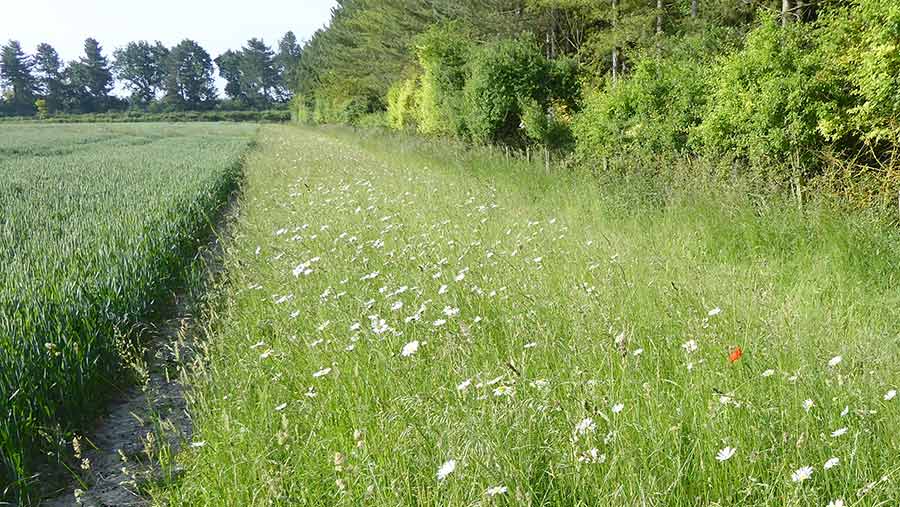Opinion: Lack of detail on ELM scheme is ‘inexcusable’

A few weeks ago, when turning on the TV, listening to the radio or opening a newspaper, it was impossible to avoid upland farmer James Rebanks espousing his views on the future of sustainable farming as he publicised his new book, English Pastoral.
It’s uplifting, inspiring stuff. In a nutshell (and I apologise to James if I oversimplify), a cheap food culture has driven farming practices since the Second World War, which are damaging to nature and, ultimately, our health.
We have an imperative to regrasp sustainable, traditional, regenerative mixed farming techniques more in tune with the natural world and our dietary needs, while safeguarding our rural heritage and defending ourselves from cheap, environmentally and socially destructive imports.
See also: Farmers question Defra on the detail of the ELM scheme
As always, such polemics make me want to rush to the farm and change everything. But by the time I get there, I begin to remember the landlord (and their agent); the bank manager (and their overdraft); the family (and their expectations); the markets (and their cold disdain); our politicians (and their ambivalence); the Americans (and their chlorinated chicken). My pace slows, my shoulders drop. Perhaps next year.
Radical templates for the future of British agriculture are currently 10 a penny. Some, like James’s, are sensible and based in reality; others… less so.
There will always be those who can plough their own furrow – primarily owner-occupiers with a title and a castle or those with rich benefactors – but for most of us, the market will remain king and our future lies with broad-scale public policy.
For now, that means Defra’s much vaunted Environmental Land Management (ELM) scheme.
ELM is the Schrödinger’s Cat of agricultural policies. When farmers lift the lid in 2024, it will be with a certain trepidation as to whether the post-CAP cat is alive or dead. The prognosis for agri-Tiddles is, however, unpromising from the scant details available.
There will always be those who can plough their own furrow – primarily owner-occupiers with a title and a castle or those with rich benefactors – but for most of us, the market will remain king and our future lies with broad-scale public policy
After four years of development (a time period in which the entire First World War was fought to definitive conclusion), Defra seems to have got little further than renaming the title page of the Countryside Stewardship manual while endlessly humouring every crank with a wild beaver.
Perhaps I’m being uncharitable, but then perhaps my patience is beginning to fray.
We leave the CAP on 1 January 2021t. At that point, BPS – currently accounting for 61% of the average farm business income (FBI) – will start to be phased out, reaching zero by 2027.
Defra’s own figures accept that 42% of farms would currently make a loss without BPS; indeed, it makes up more than 90% of extensive grazing FBI and a staggering 114% of mixed farm FBI, with small tenants significantly more exposed than large landowners.
In almost any of the templates for future sustainable farming, it’s those most disadvantaged by BPS withdrawal (smaller, extensive and mixed holdings) that will be most needed.
It’s increasingly inexcusable for Defra to ask our industry to proceed with only two confirmed policy details: that BPS will disappear, and that ELM (whose budget remains a mystery) is “explicitly not about food production”.
In a world of climate change, fractious geopolitics and pandemic disease, sustainably produced, secure and healthy food should be a basic right for every citizen of this country. We’re told ELM is the only game in town. Let’s make it fit for purpose.
Joe Stanley is an arable and beef farmer on a third-generation Leicestershire family farm. He runs the Blackbrook herd of pedigree Longhorns and diversifications include the Blackbrook Gallery and a genetics business. See more articles from Joe.
